TEAM
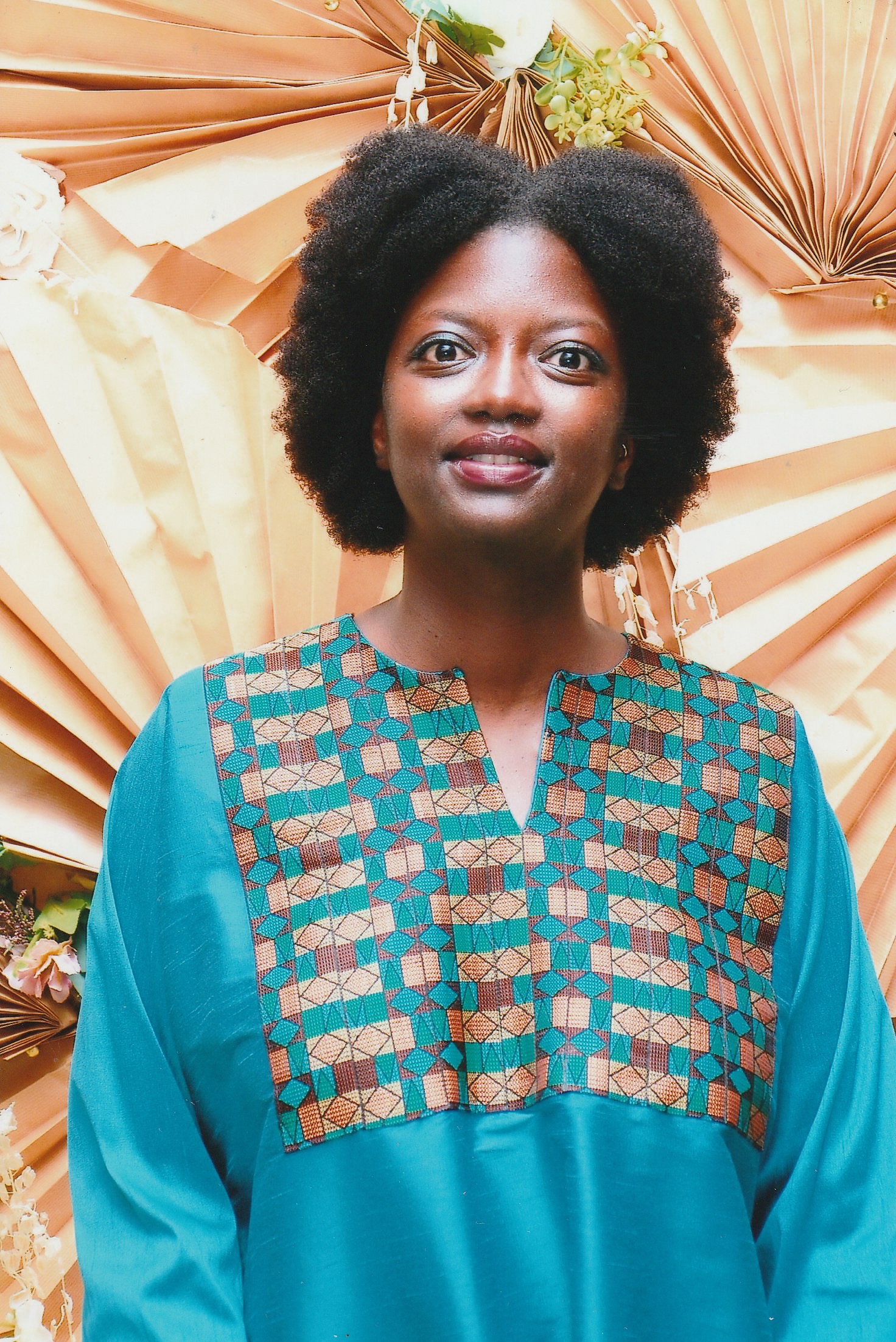
Laurence is Co-Director of Weaving Liberation. She co-founded and co-led the decolonising process as part of her role as Racial and Social Justice Lead at the Digital Freedom Fund (DFF). She designed and coordinated the decolonising the digital rights field in Europe blueprint.
Laurence Meyer

Adelaide is the Operations Lead at Weaving Liberation, where she is dedicated to creating and aligning operational frameworks and practices with the organisation’s vision for digital justice. She is committed to addressing and dismantling existing structural issues, and to supporting and organising with the communities most harshly affected by these issues. Before joining Weaving Liberation, Adelaide supported the Digital Rights for All project at DFF. She has been an advocate for anti-racism in the EU and for youth engagement. She is also involved in several civil society initiatives in Europe and Africa.
Adelaide Hirwe
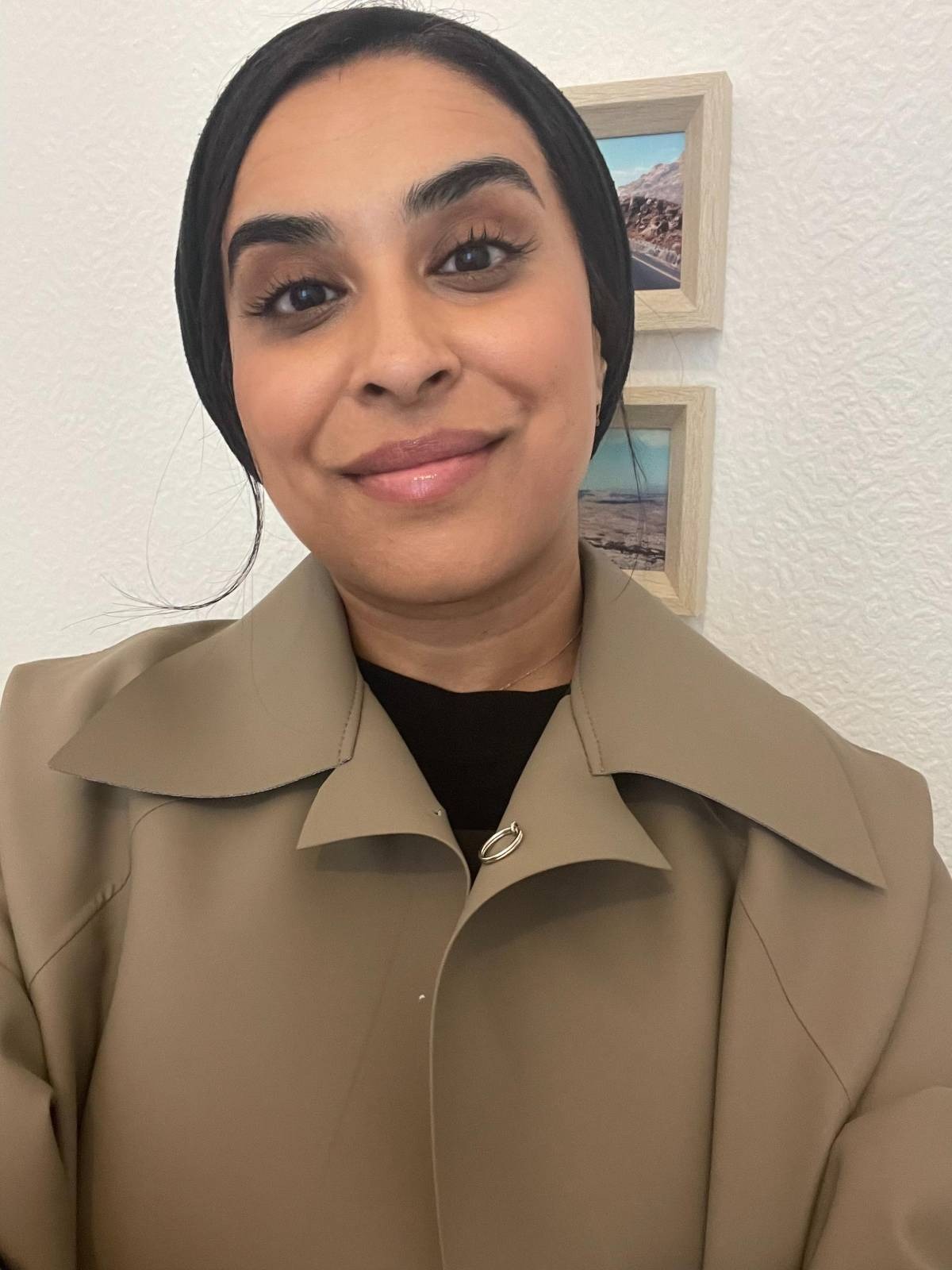
Salmana is Co-Director of Weaving Liberation. She was a core participant of the decolonising process. Salmana is committed to advancing changes that address existing power dynamics, structures and politics in the funding sector. She supports organisations on strategy, fundraising and organisational development.
Salmana Ahmed
Accountability Committee

Anasuya is co-director and co-founder of Whose Knowledge?, a global multilingual campaign to centre the knowledges of marginalised communities (the minoritised majority of the world) online. She has led initiatives across the global South, and internationally for over 25 years, to collectively create feminist presents and futures of love, justice, and liberation. She is a co-founder and advisor to Numun Fund, advisor to the Flickr Foundation, the former Chief Grantmaking Officer at the Wikimedia Foundation, and the former Regional Program Director at the Global Fund for Women.
Anasuya Sengupta
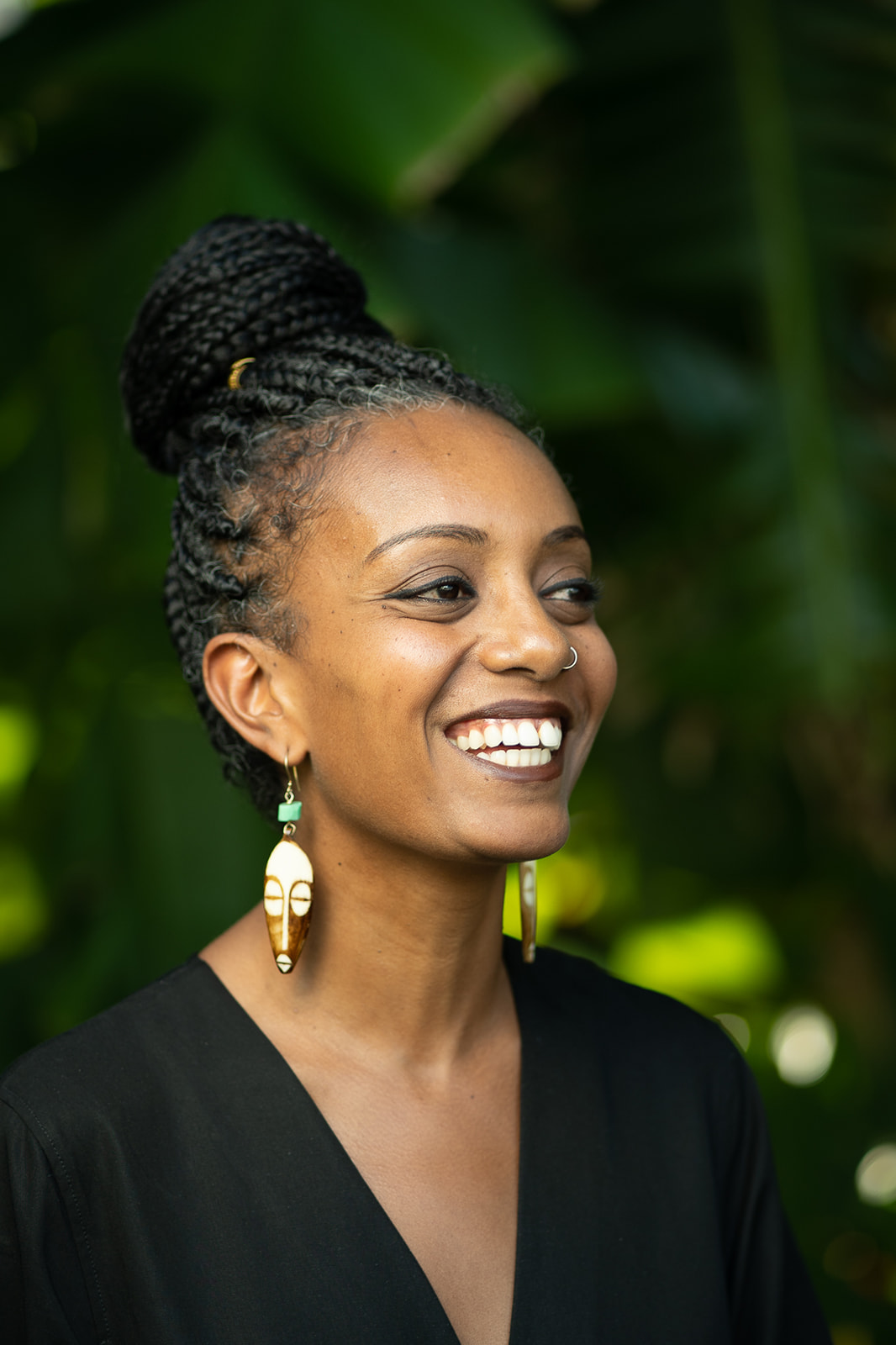
An African of Eritrean origin, Luam Kidane's writing and curatorial work examines movement building at the intersections of Indigenous governance practices, cultural production and articulations of self-determination. Luam works as strategist and researcher on climate, economics and food sovereignty.
Luam Kidane
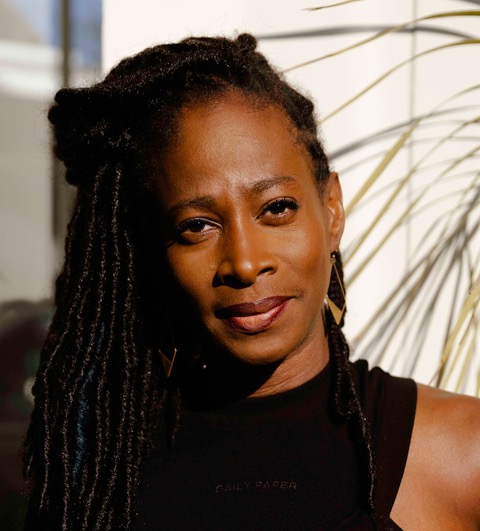
Joan Monique Steijns is a human rights and technology expert, senior research fellow at the Dutch Scientific Council for Government Policy (WRR), and is engaged with NJCM, the Dutch Section of International Commission of Jurists. She stepped down as chair to focus on (CONNECTME@) Human Rights & Technology Community, dedicated to fighting against the use of harmful AI technologies. Monique's expertise is also drawn from her law studies at the University of Amsterdam, where she specialised in Information Law at the Institute for Information Law (IVIR). She has also worked as a legal and policy advisor on human rights at the Dutch Ministry of the Interior and Kingdom Relations and was an expert member of the Council of Europe's Steering Committee for Human Rights.
Joan Monique Steijns (Monique)
PArtners
Participants to the decolonising the digital rights field in Europe process
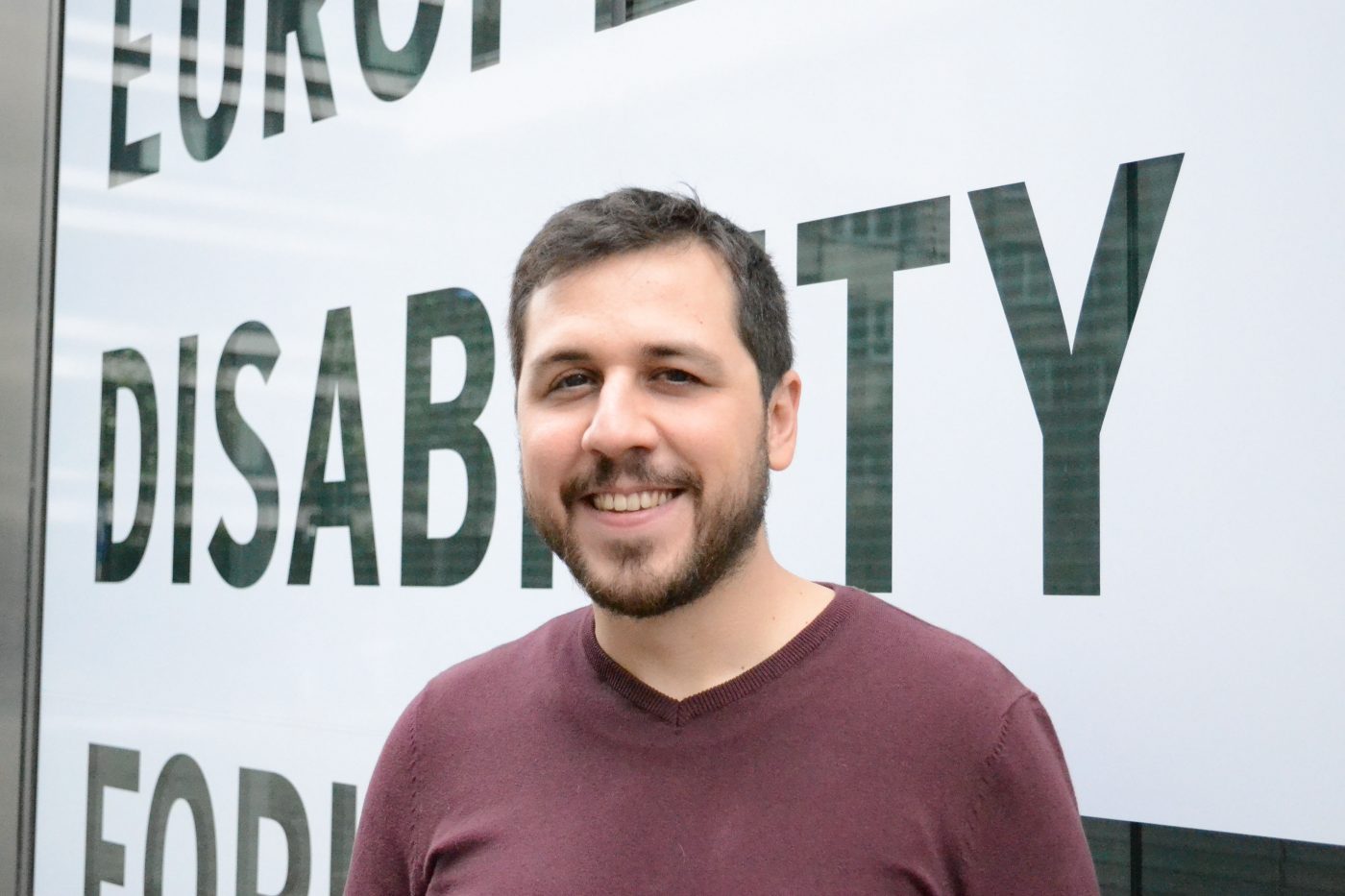
Alejandro leads and coordinates the European Disability Forum’s advocacy and policy work at EU level, and supports the work of the European Parliament Disability Intergroup. Alejandro’s work has included developing policy positions and recommendations regarding political participation of persons with disabilities, accessible information and communication technologies, assistive technologies and different standardisation activities.
Alejandro Moledo

Alexandra holds a degree in sociology and a PhD in economics. She is a cyberfeminist working in the area of gender and tech and technological sovereignty initiatives. She has worked at DDP since 2018, coordinating the area of Rapid Response Networks and the Gender Equity and Diversity Inclusion strategy.
Alexandra Hache
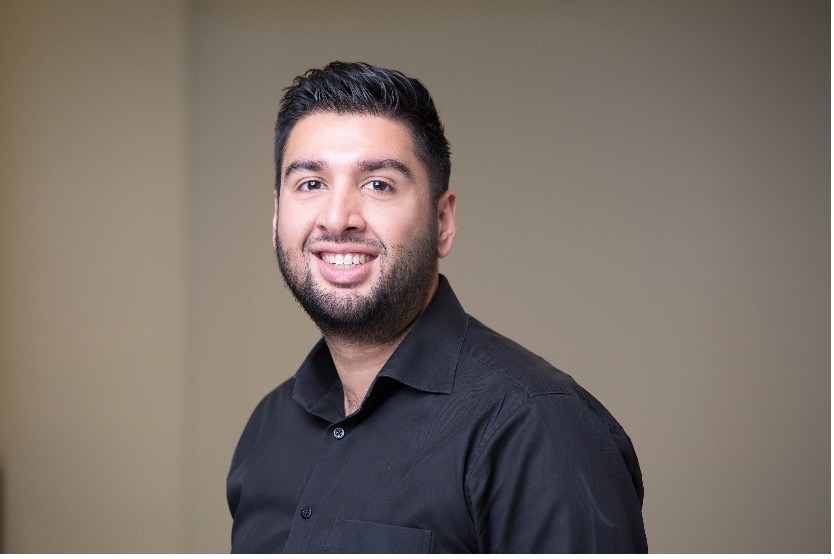
Ali is a programme manager in OSF’s Europe & Eurasia programme. Prior to joining OSF, Ali worked at the European Foundation Centre, EUROCITIES and he was also involved in several local initiatives in Antwerp on the rights of racialised young people as both a volunteer and a steering group member.
Ali Khan

Alyna is a senior advocacy officer at PICUM (the Platform for International Cooperation on Undocumented Migrants), where her work focuses on access to justice and healthcare for undocumented migrants.
Alyna C. Smith
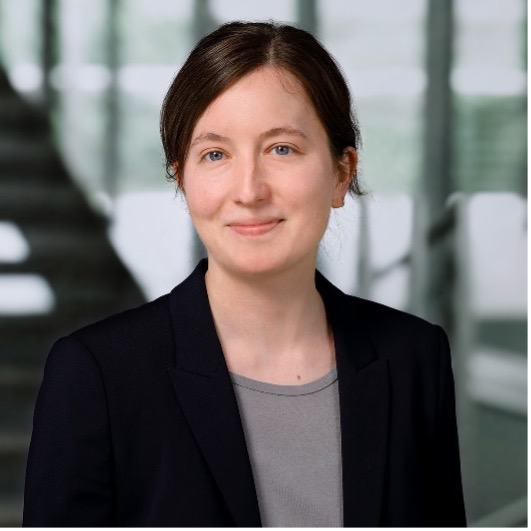
Anna-Dorothea is a senior project manager with the Inequalities Team at the Robert Bosch Stiftung. She is responsible for the program “Reducing Inequalities through Intersectional Practice” and developed the thematic focus on the intersection of inequalities and technological change. Before joining the foundation in 2015, Anna-Dorothea worked at the Literarisches Colloquium Berlin on international cultural exchange.
Anna-Dorothea Grass
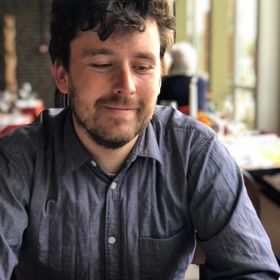
Arthur is an art historian who is passionate about the role of arts and digital tech in tackling 21st century challenges. He has led various programmes for Hivos and is co-founder of Digital Earth, a fellowship program which aims to radically shift and reimagine the narrative of our digital futures.
Arthur Steiner
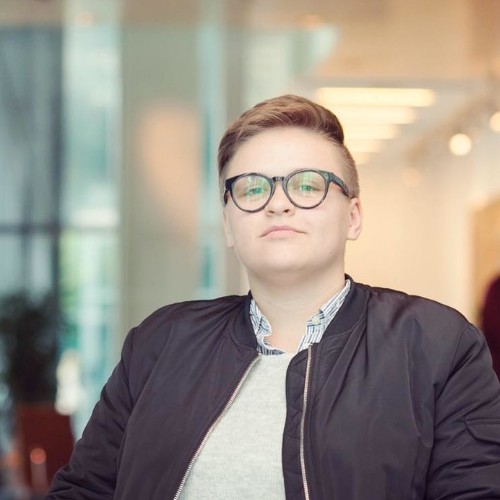
Asja is a researcher with a background in Sociology and Gender Studies whose interests lie at the intersection between technology and social justice. Currently, she works for Aspiration Tech as a Project Assistant, and is pursuing PhD studies at the University of Belgrade.
Asja Lazarević
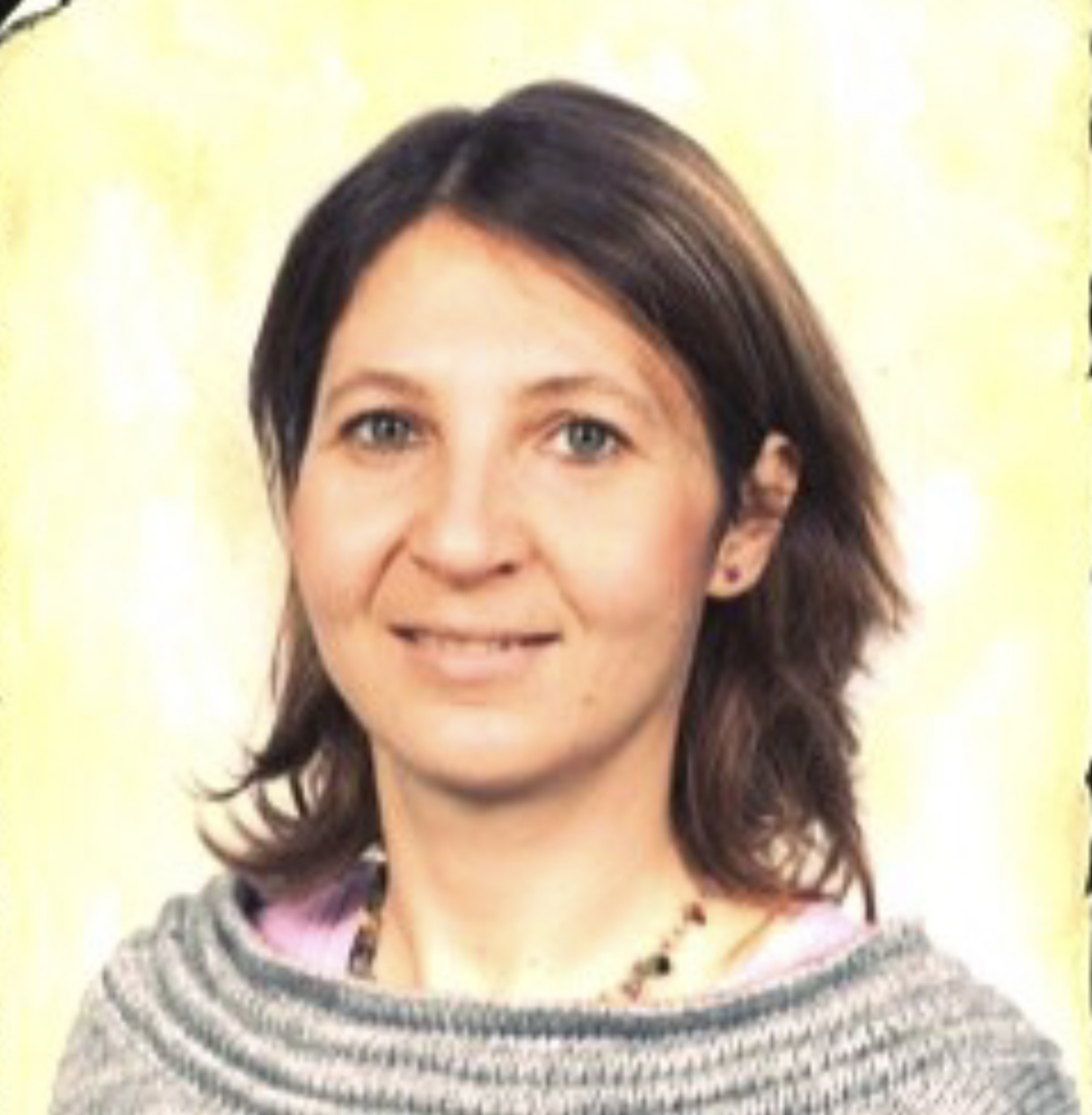
Asli is a researcher of media, communications and social informatics. She is interested in cross-disciplinary research on the social and civic impact of transmedia, as well as new media literacy, cybercultures, social media-facilitated activism, and networked society informatics. She is a founding member of Alternatif Bilisim, a digital rights organization based in Turkey.
Asli Telli
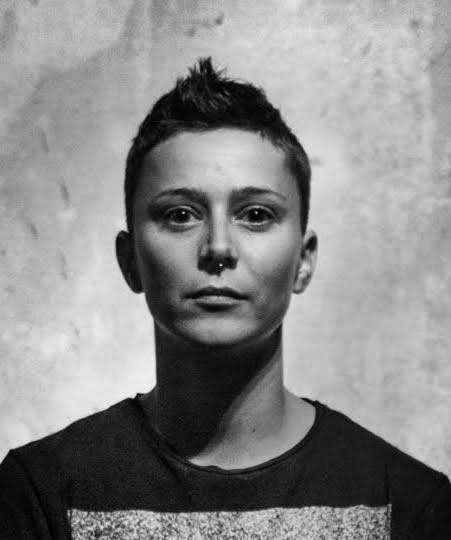
Azar is a queer feminist activist and one of the co-founders of LGBTIQ+ Association Okvir and Kvir arhiv (Queer Archive) in Bosnia and Herzegovina. They are passionate about queer spaces of love, memory, resistance, and healing.
Azar
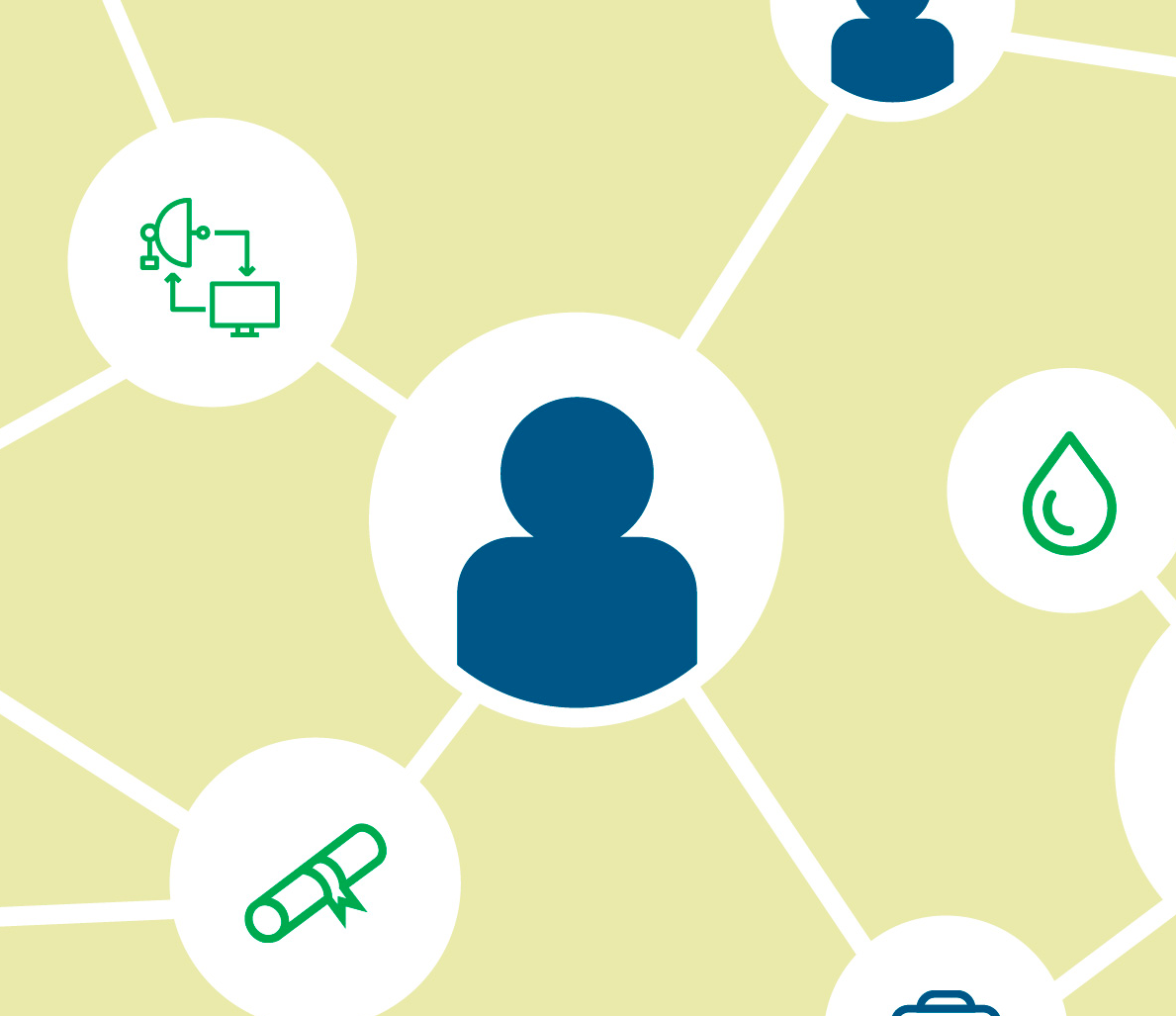
Carine is a digital rights policy practitioner and campaigner currently working in the digital accessibility field. She also has a particular interest in privacy policy and preventing discrimination that arises from artificial intelligence, automated decision-making and emerging technologies.
Carine Marzin
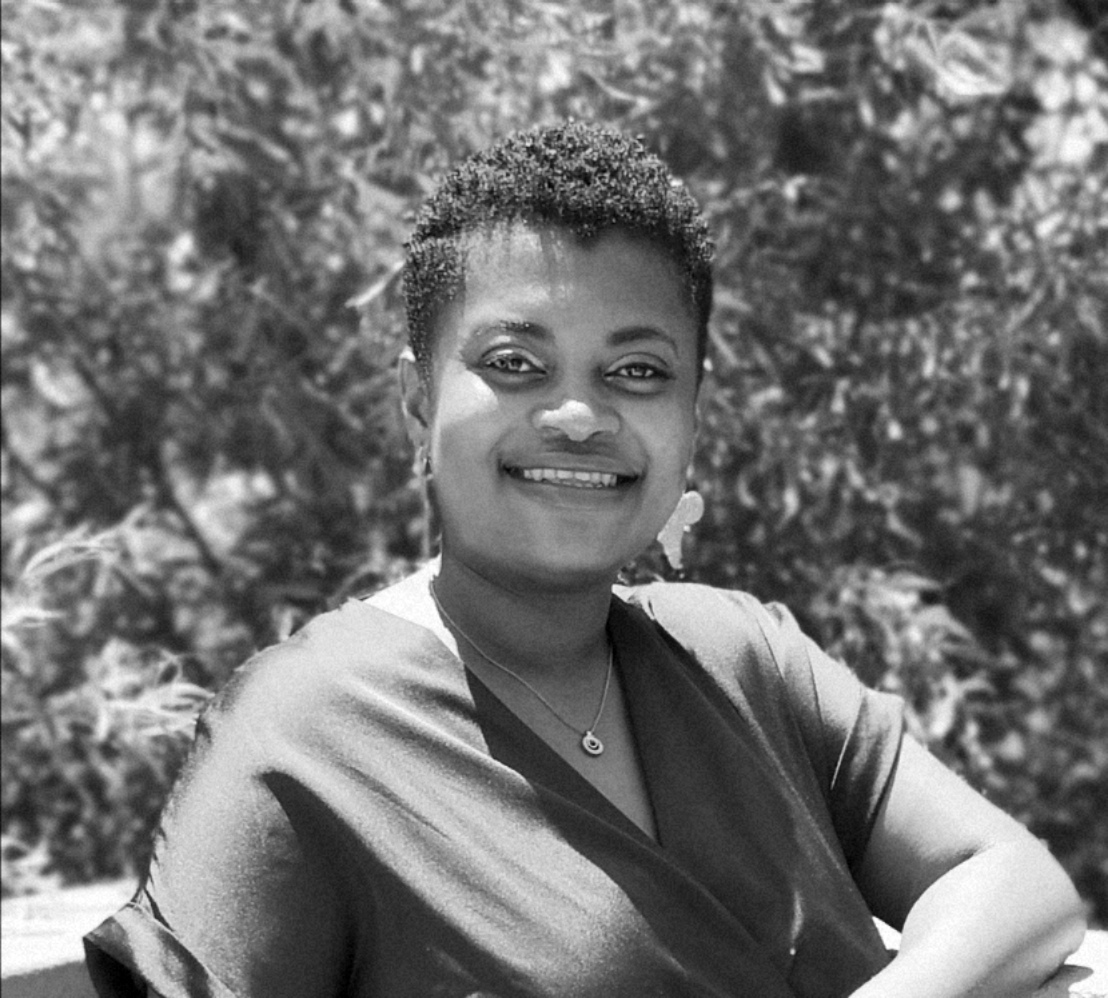
Chenai is the Special Advisor on Africa Innovation Mradi at Mozilla Foundation. Her work includes supporting innovation projects such Common Voice African Languages fellows and awardees. She is an expert on the intersection of digital technology and gender having built her expertise through research and policy development.
Chenai Chair
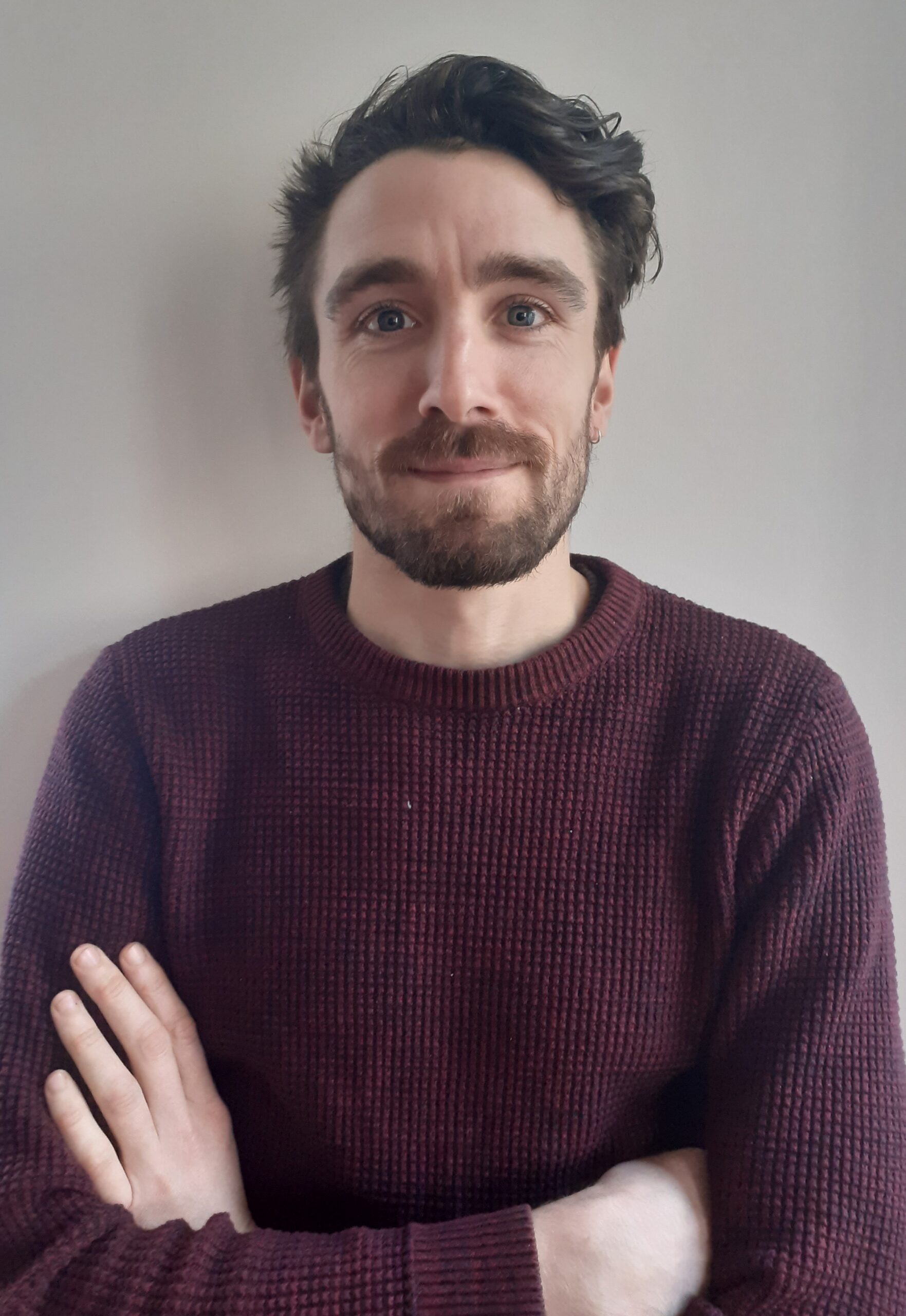
Chris has been working for Statewatch since 2010, and in September 2020 was appointed director. He specialises in issues relating to policing, migration, security technologies and privacy and data protection. He has been involved in campaigns and movements for refugee rights, anti-militarism, community organising and the right to land.
Chris Jones
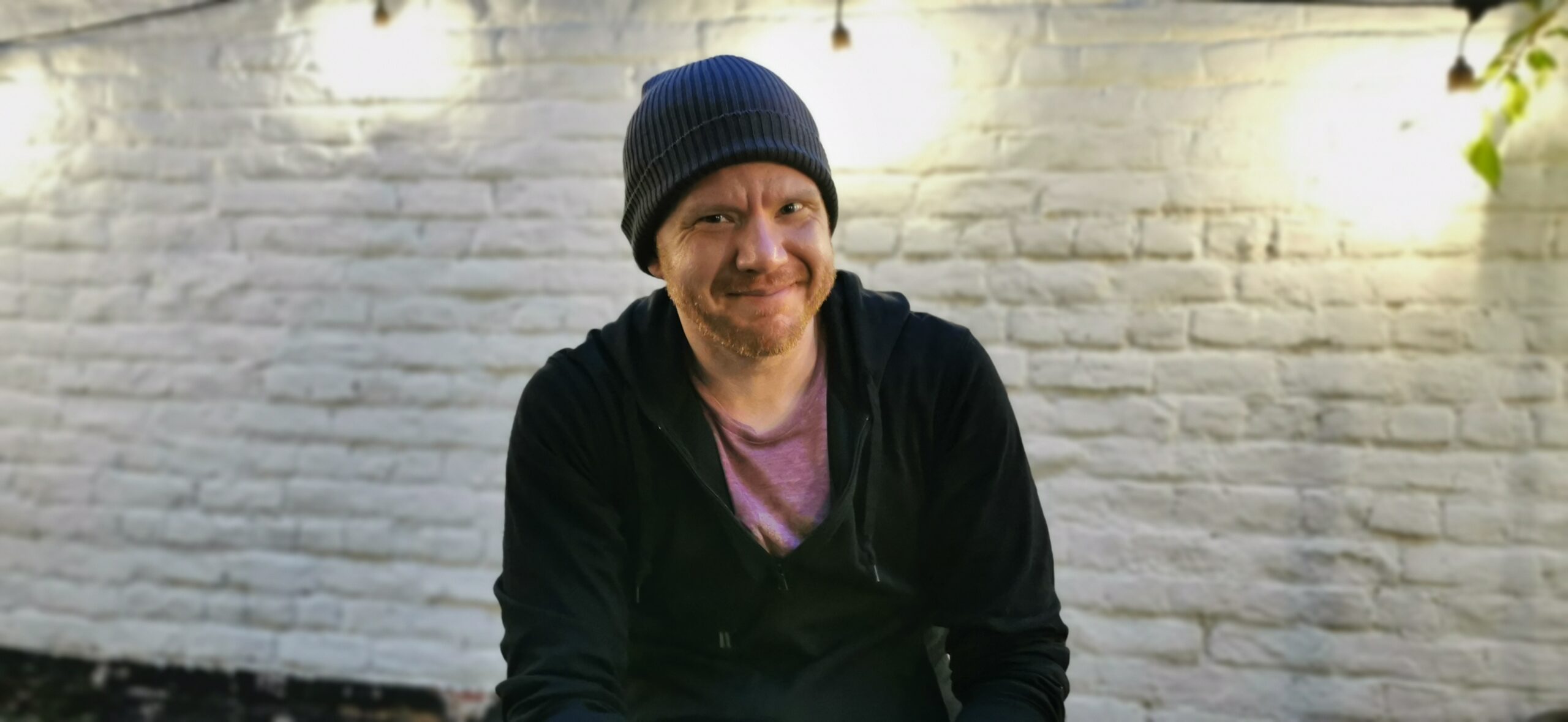
Cianán Russell is a senior policy officer at ILGA-Europe based in Brussels, Belgium. They work on policy and advocacy relating to trans, intersex, health, education, and the anti-gender movement at the Council of Europe and the European Union. Cianán is also the Director of Trans Survivors Network.
Cianán Russell

Claire supported the decolonising process from its inception, she provides advice to the decolonising process as part of her role as Director of EDRi
Claire Fernandez

Danilo is director of SHARE Foundation, a Belgrade-based digital rights organisation. A lawyer by education, his fields of work and expertise include data protection, the impact of data-driven business models on privacy, and legal standards for information security and cybercrime. He is a founder of the initiative #hiljadekamera (thousands of cameras).
Danilo Krivokapić

Eleftherios is one of the co-founders of the Greek civil society organisation Homo Digitalis. He is a tech lawyer with an academic background in digital humanities. Eleftherios works pro bono for Homo Digitalis on research activities and legal actions related to data protection, privacy and cybersecurity.
Eleftherios Chelioudakis
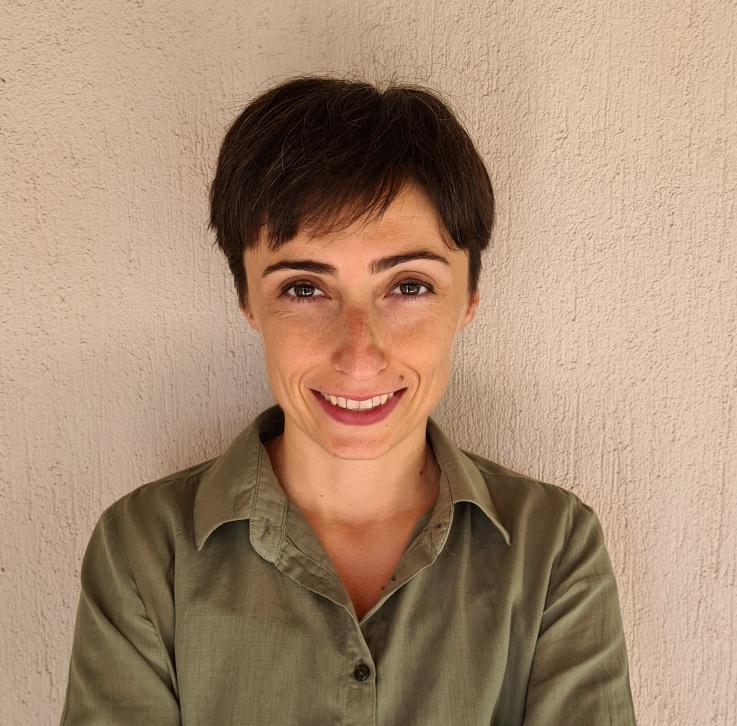
Esra works as the Co-Director of Justice, Equity and Technology Table, a space of convening to build visions and strategies to address the impacts of data-driven policing on racialised communities throughout Europe. She has also been active in a variety of grassroots groups and civil society organisations striving toward social and environmental justice in Turkey and Belgium.
Esra Özkan

Gabriela leads policy, research and campaigns work at Glitch, a UK charity dedicated to ending online abuse and championing digital citizenship. Her work focusses on the intersection of gender based violence, digital rights and antiracism. She is passionate about participatory, feminist and community based approaches to this work.
Gabriela de Oliveira

Inés is a Latin American social scientist and hackfeminist working in feminist infrastructure initiatives and feminist helplines supporting people who face digital gender-based violence. Currently, Inés is Digital Defenders Partnership's Communication Officer, where she is also involved in implementing its Gender Equity and Diversity Inclusion strategy
Inés Binder
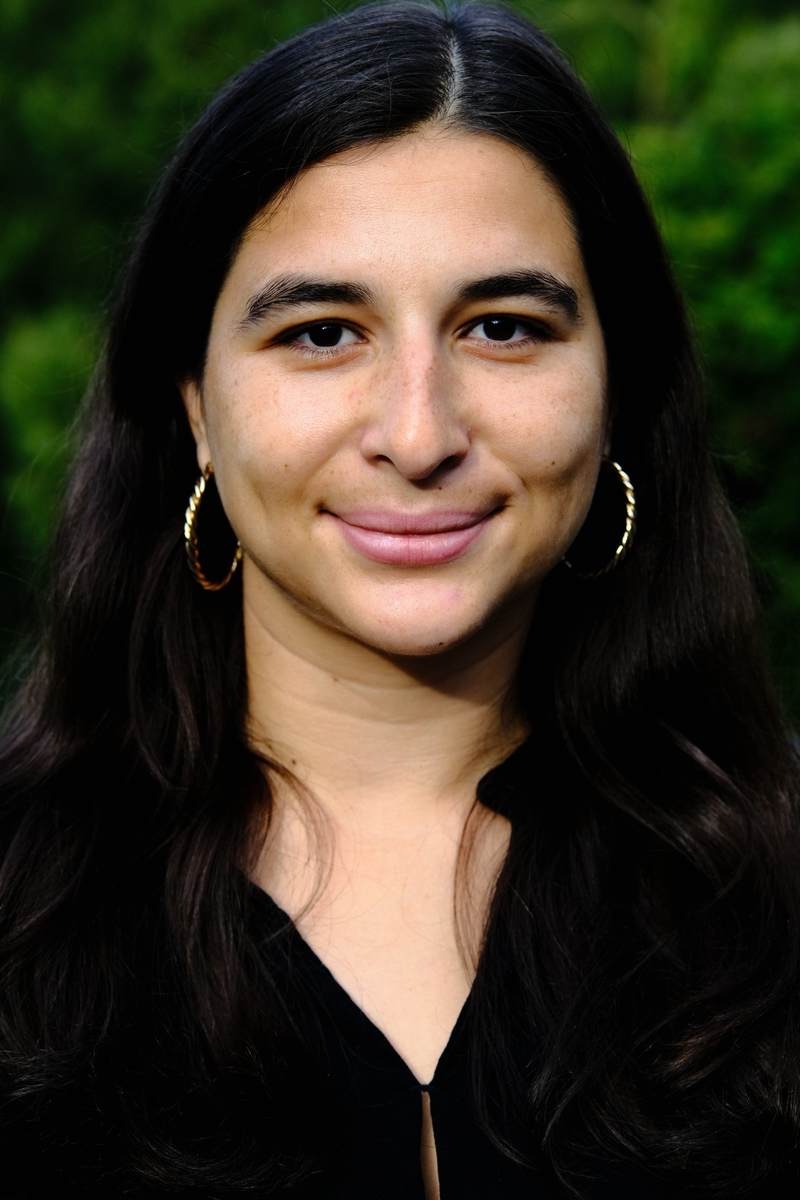
Ioana supported the planning and logistics of the decolonising process as part of her role as Senior Membership and Community Officer at EDRi.
Ioana Barbulescu
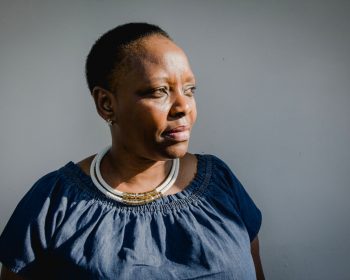
Jennifer is a Berlin-based activist and researcher. In 2012, she co-founded International Women* Space, an anti-racist, feminist collective for women of all backgrounds, but especially refugees and migrants.
Jennifer Kamau

Joel supported the planning and logistics of the decolonising process as part of their role as Racial and Social Justice Support at DFF.
Joel Hide

Juliana works at ENAR as an Senior Advocacy Officer since 2006. With strong expertise on gender-based violence, Juliana is founder of Revibra Europe, a network of legal experts and psychologists providing support to Brazilian womxn victims of domestic violence and anti-migrant racism across Europe. She was recently appointed to the EC Expert Group on Migration, Integration and Asylum.
Juliana Wahlgren
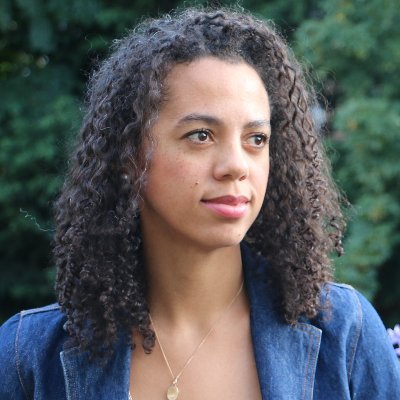
Karisia is a team manager at Open Society Foundations (OSF) within the Europe and Eurasia Programme. Prior to this, she was the East Africa programme officer at the Bernard van Leer Foundation, and has worked for the City Bridge Trust and The Diana, Princess of Wales Memorial Fund.
Karisia Gichuke

Luca Stevenson is the coordinator of the International Committee on the Rights of Sex Workers in Europe and a sex workers' rights activist.
Luca Stevenson

Mukasa is a Senior Program Officer with the International Trans Fund (ITF). Since 2017, he has managed the global trans grants portfolio, engaged in community outreach and conducted capacity building for trans groups. Mukasa previously worked at the Refugee Law Project as Legal Officer of the Gender and Sexuality Program.
Mukasa
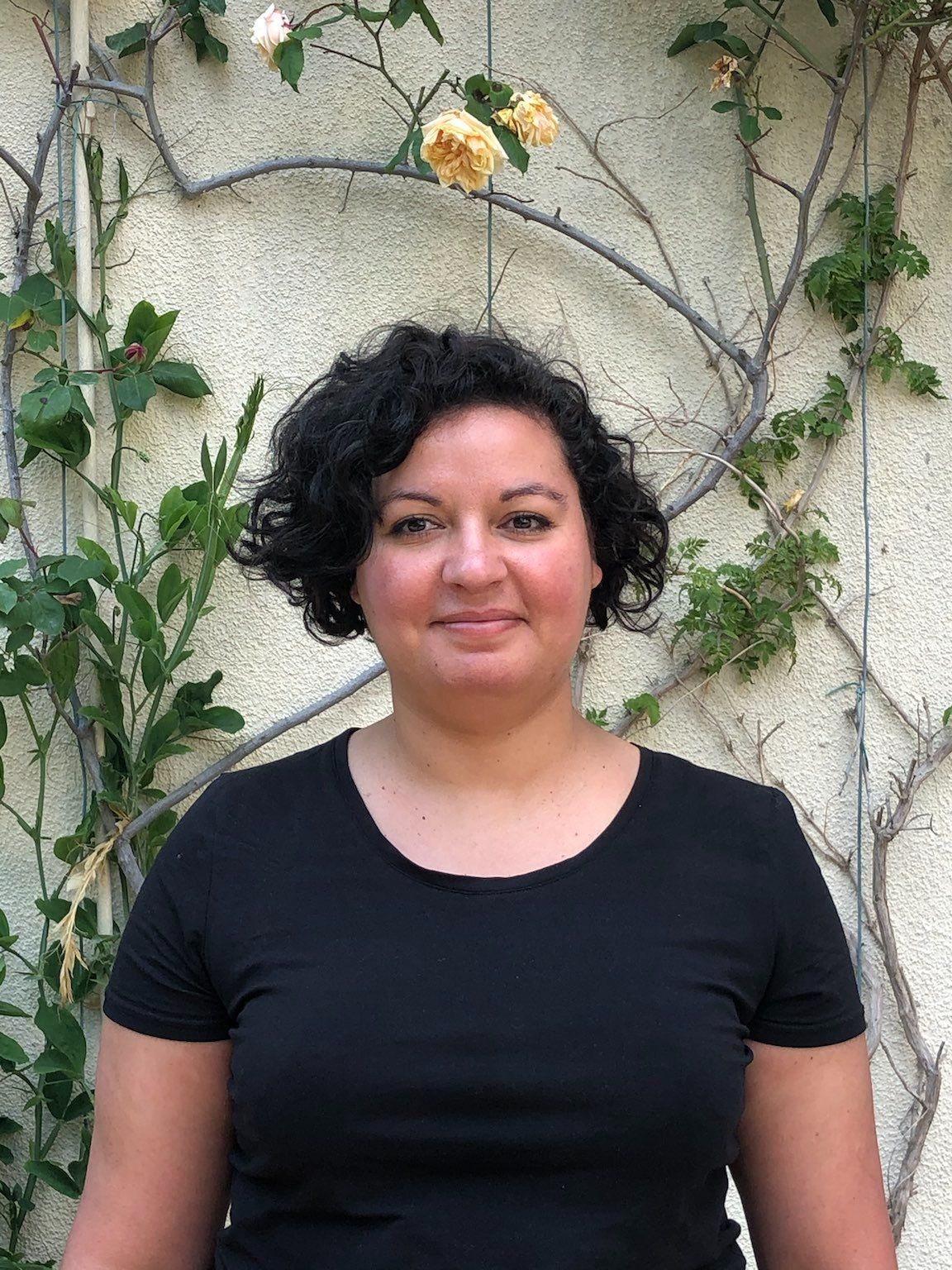
Myriam is a racial, climate and social justice activist. She believes all struggles are linked and that we need to tackle the root causes of the injustices we witness in this world, and build up a system that works for us all.
Myriam Douo
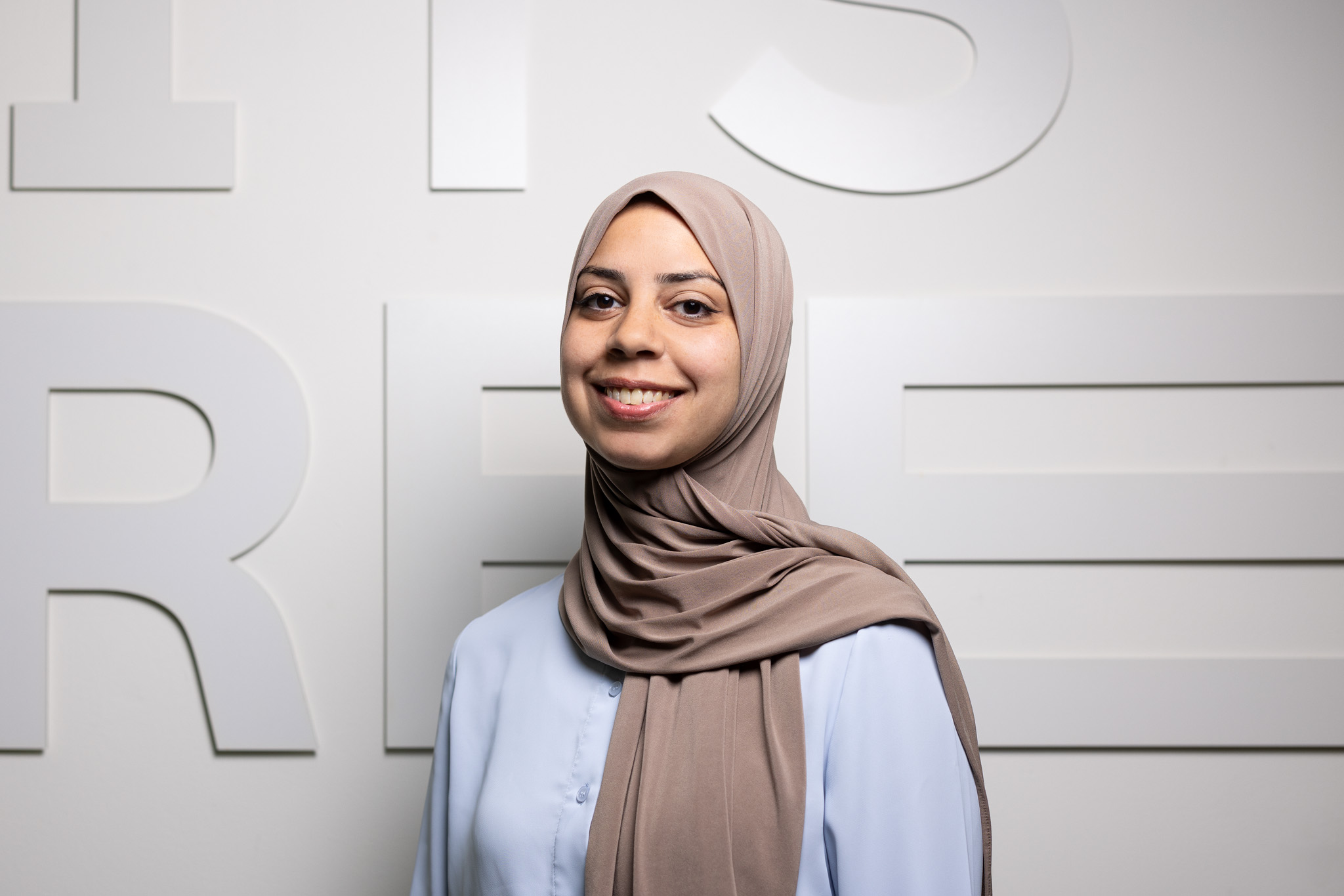
Nadia works as a researcher and policy officer at Bits of Freedom, focusing on GDPR and AI. She has a legal background. In her spare time, she has served as a board member at several foundations that work to challenge social and racial injustice.
Nadia Benaissa
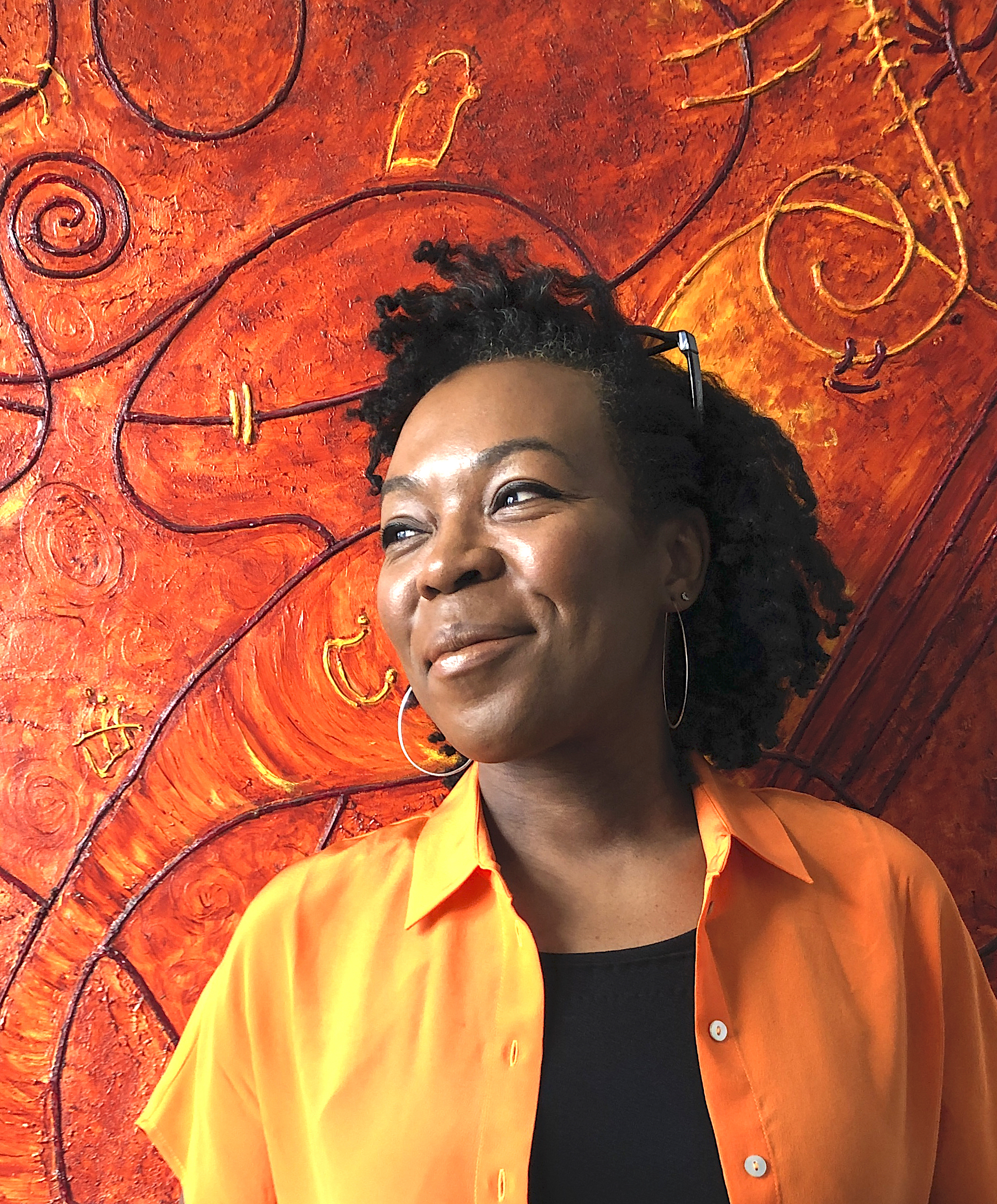
Nakeema is a senior tech digitalisation executive, an entrepreneur, an angel investor, and an advocate for social impact and sustainability in AI and venture funding. She is the founder and CEO of FrauenLoop. She provides impact/ESG advisory, strategic consulting, research and speaking.
Nakeema Stefflbauer

Nani initiated the decolonising process and led the initial scoping phase in her role as Director of DFF, which she held until the end of 2021.
Nani Jansen Reventlow
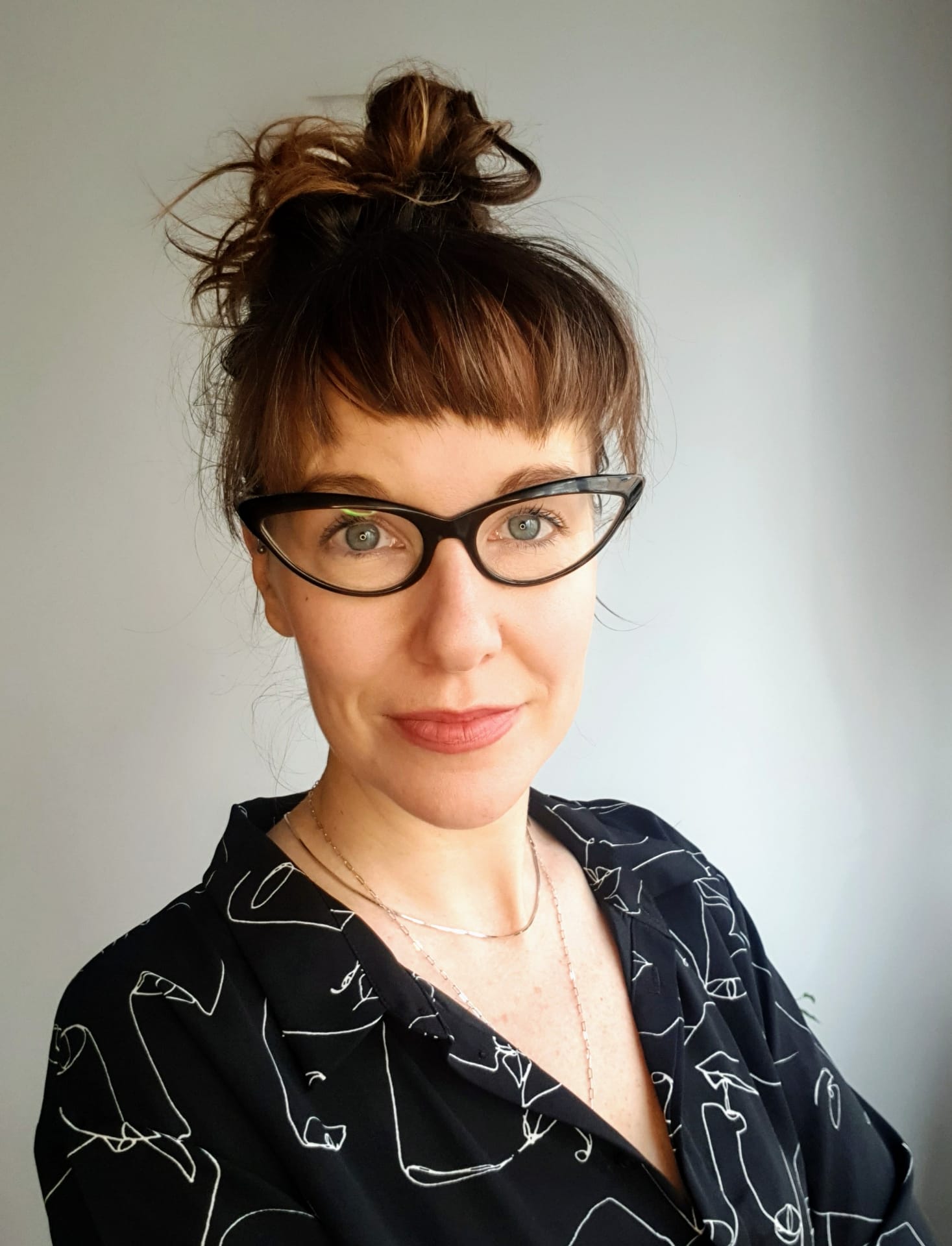
Raegan is an experienced practitioner on digital policy and human rights, holding roles in civil society and in the tech industry, including at Mozilla and AccessNow, and as a board member of EDRi and DFF. Currently she is incubating a Policy Leadership Initiative at Aspiration to support and elevate underrepresented voices in digital policy.
Raegan MacDonald
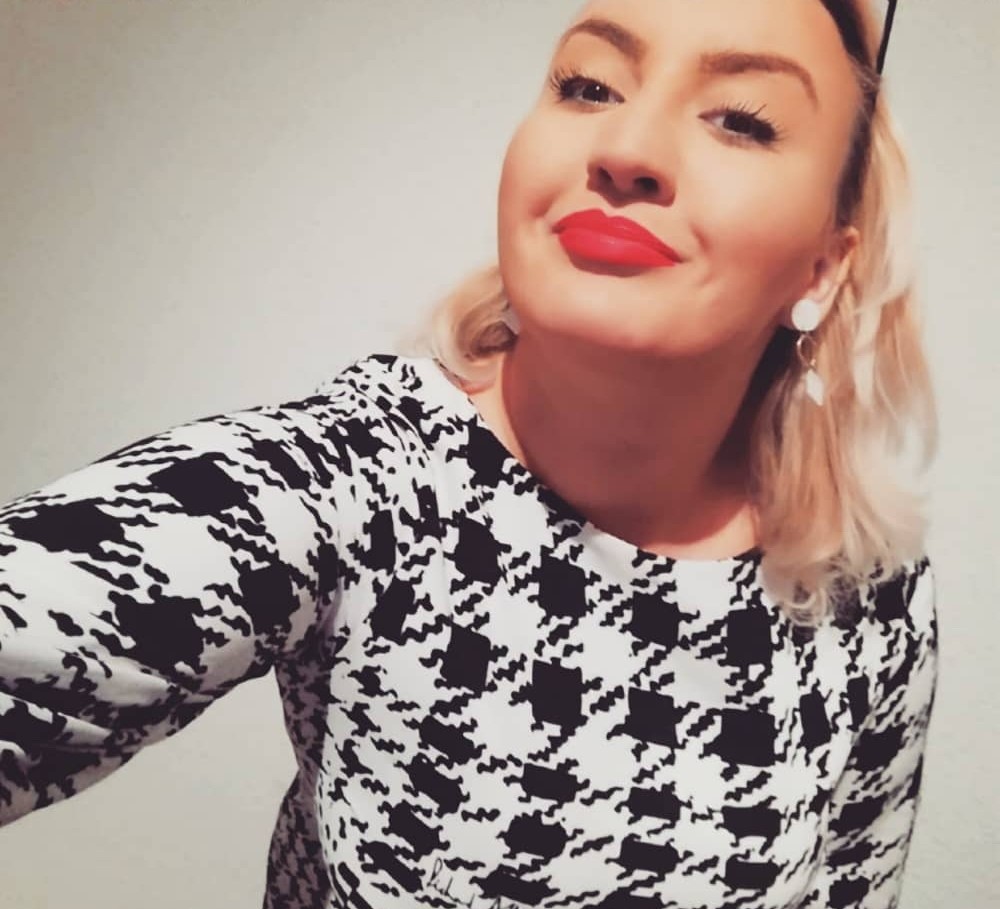
Roxanna is director of save space e.V. and co-founder of Romblog Online Academy. Her work includes research on radicalisation in digital environments and gaming communities, as well as prevention and education work. She has worked as a consultant on human rights and digitalisation for multiple international organisations.
Roxanna-Lorraine Witt

Sarah co-founded and co-led the decolonising process as part of her role as Senior Policy Advisor at European Digital Rights (EDRi).
Sarah Chander
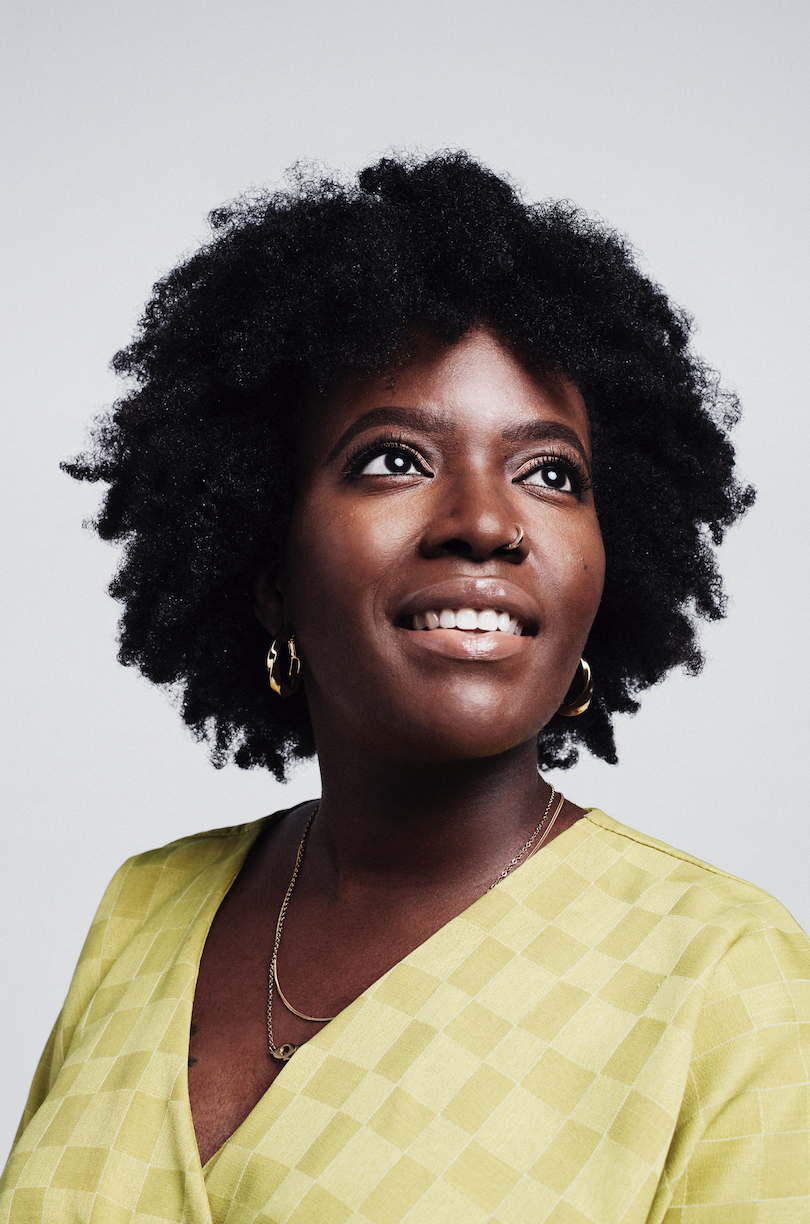
Seyi is the founder and executive director of Glitch, a UK Charity dedicated to ending online abuse and championing digital citizenship. In 2020, George Washington University appointed her Knight Fellow of the Institute for Data, Democracy and Politics.
Seyi Akiwowo

Temi is a tech and democracy campaigner, and researcher in critical internet studies. She is currently a senior campaigner at Digital Action, and is an advisory board member at Women in AI Ethics. Temi's academic research and campaigning applies an intersectional and Black feminist framework to platform governance.
Temi Lasade Anderson
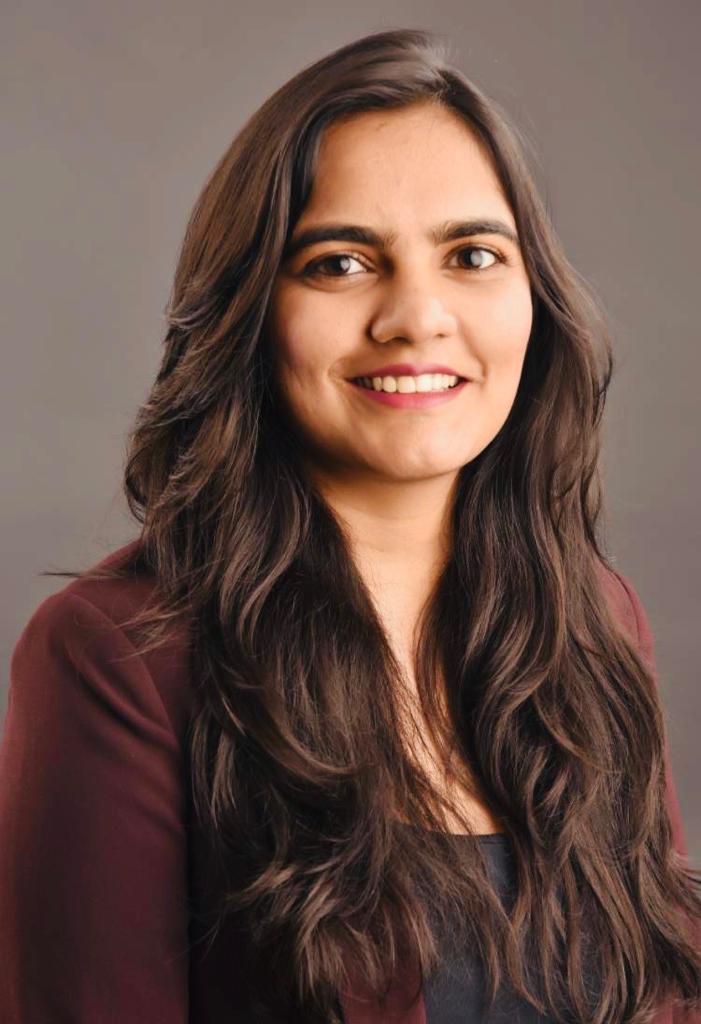
Vidushi is an Indian lawyer and researcher working on the societal implications of AI. She is a senior programme officer at ARTICLE 19 where she leads global engagement and research on the human rights implications of machine learning. She is also a member of the Expert Group on Governance of Data and AI at United Nations Global Pulse.
Vidushi Marda
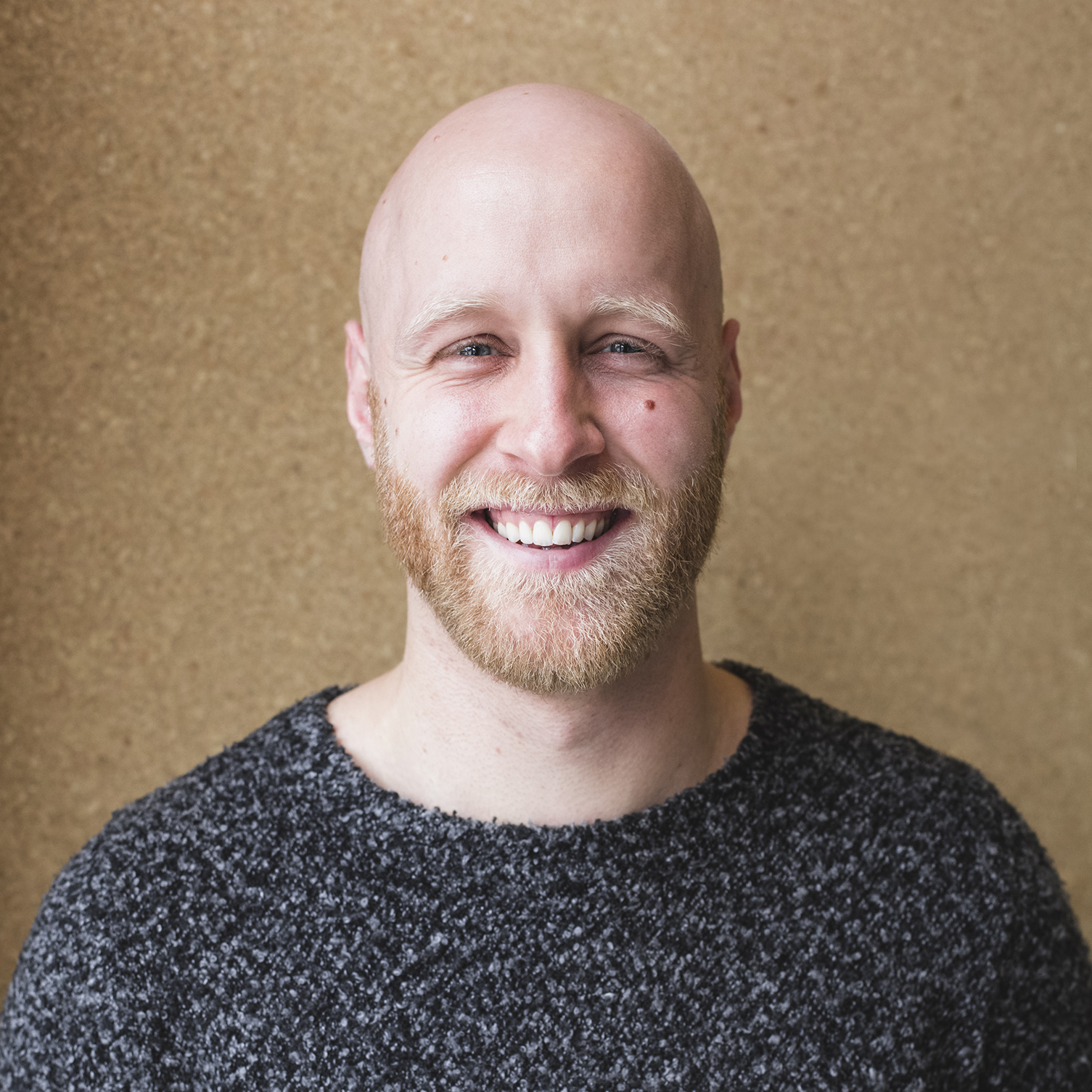
Willem works as a programme officer at the Democracy and Media Foundation (SDM) in Amsterdam, a grantmaking organisation that invests in a pluriform media landscape and inclusive, democratic rule of law. His portfolio includes journalistic infrastructure, digital rights and LGBTQIA+ representation and emancipation.
Willem Lenders
Artists
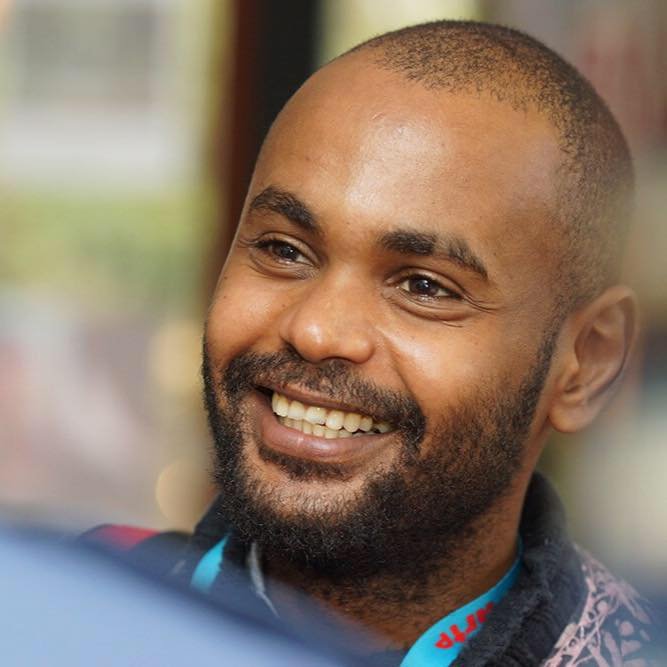
Ahmed worked to bring artistic and creative elements into the design phase of the decolonising process, including through artistic workshops with the participants. He produced a painting and a video game to document the process.
Ahmed Isamaldin
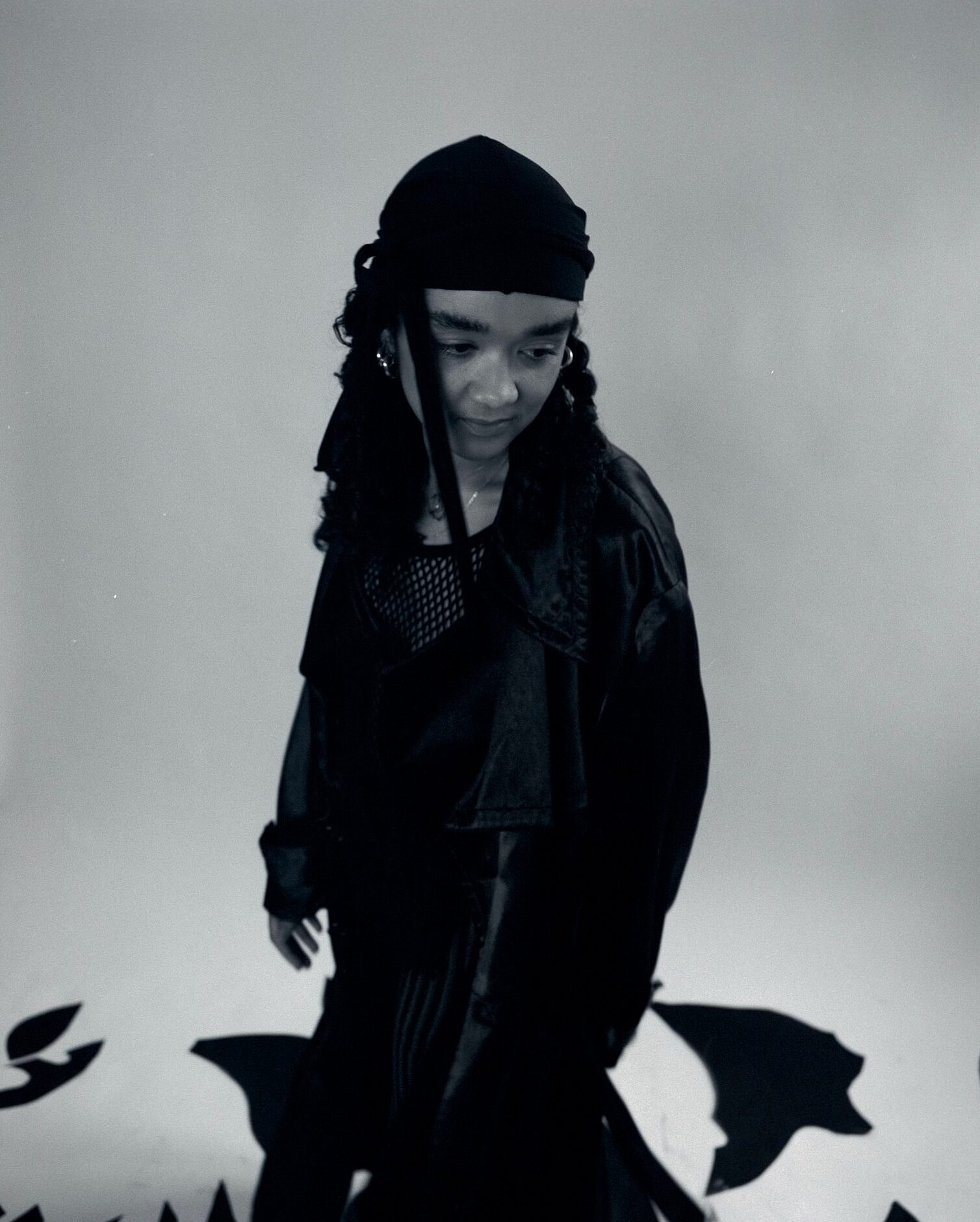
Alice Z Jones is a British-Jamaican artist from London, studying at the University of Arts Berlin as part of the Lensbased Class. Jones draws from both a European tradition and the traditions of Black and Caribbean Diasporas - negotiating lost histories, imposed histories, institutional invisibility, identities and mis/representation. Jones works with a diverse variety of media including printmaking, textiles, video and sound; focusing on the exploration, creation and recreation of languages of resistance and transformation. Alice Z. Jones developed the visual identity for Weaving Liberation, directed the videos for the decolonising the digital rights field in Europe process and created the online banner for the Weaving Liberation website.
Alice Z Jones
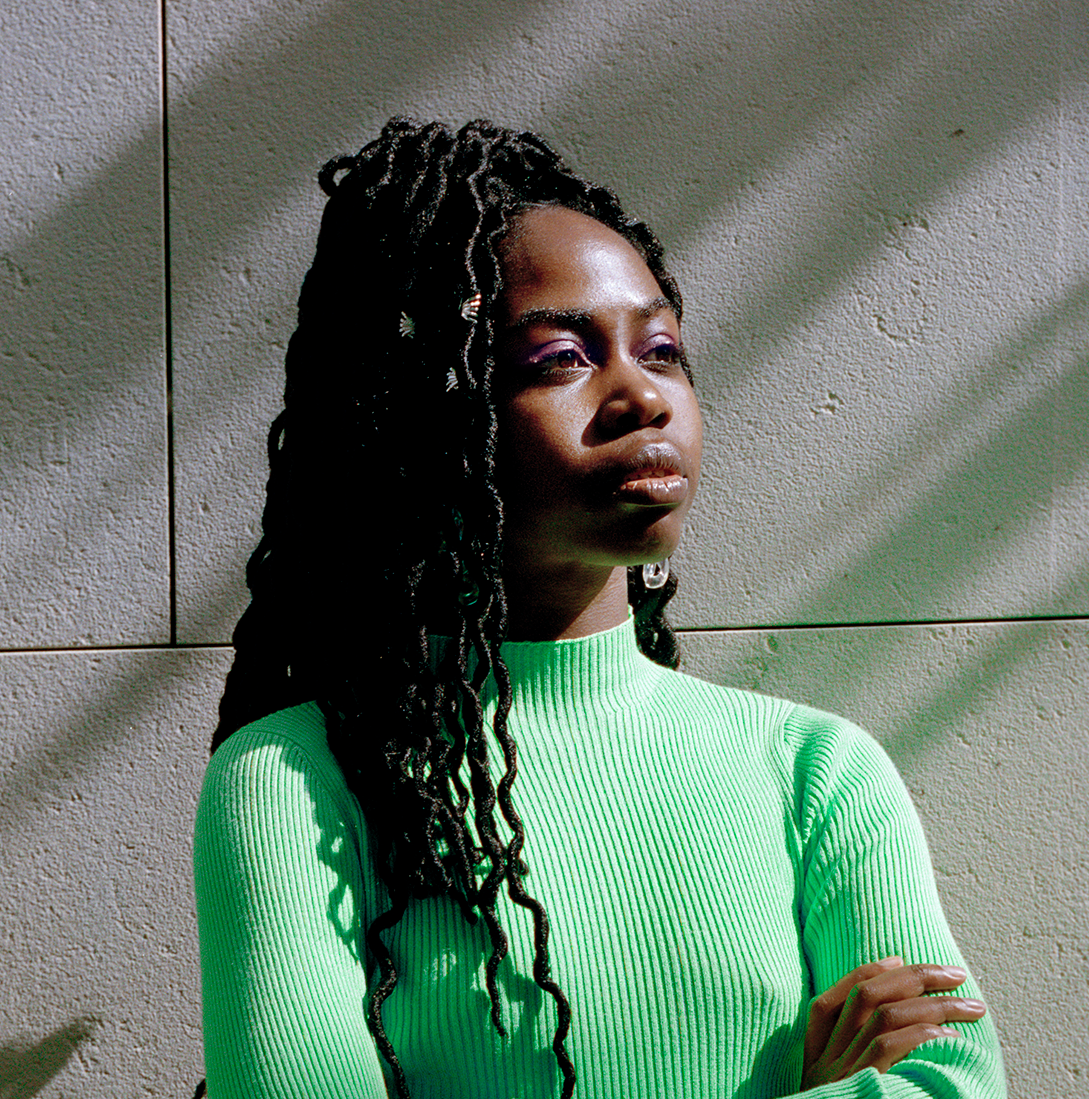
Iyo Bisseck is a multidisciplinary artist, designer and programmer whose artistic practice is deeply rooted in collective organization. Her work not only explores the convergence between technologies and systems of dominance, but also creates spaces dedicated to care and community. She uses a variety of media, including installations, performances, video games, and short films, as a means of creating alternative narratives and stimulating critical reflection. As a web designer, Iyo is involved in creating online spaces dedicated to cultural, associational, and political projects, contributing to the propagation of engaged discourses and initiatives. The website was designed and programmed by her according to the visual identity.
Iyo Bisseck
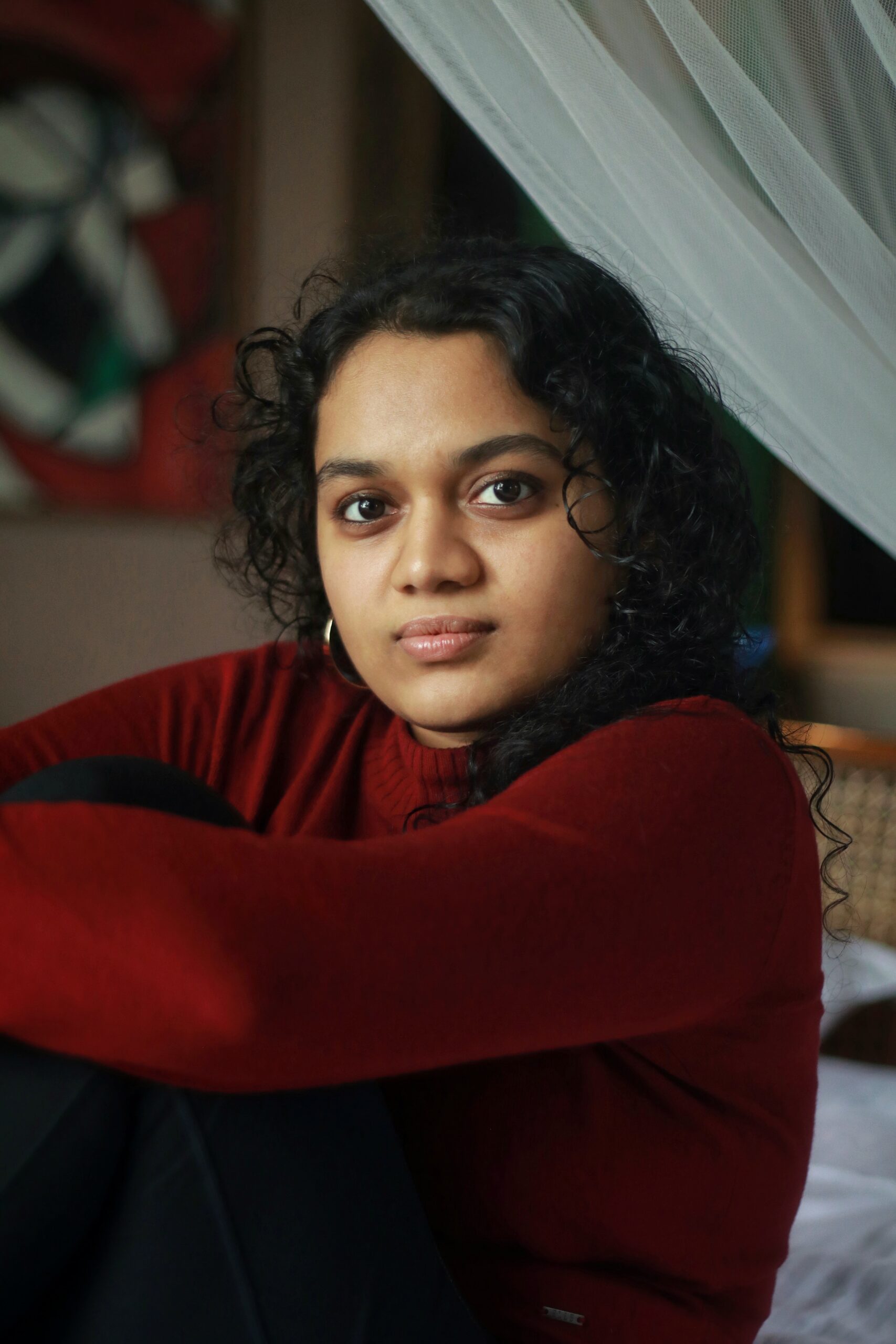
Kruthika / TheWorkplaceDoodler is a feminist artist and lawyer from Bengaluru. After half a decade of legal practice in commercial and sports law, she began to question the rigidity and “perfect” solutions sought by the law, and took to a self-driven artistic practice, which offered more room to navigate the imperfections of human existence. Reimagining the world for what “could be” as an artist, rather than “what is” or “what must” as a lawyer, her artistic practice explores themes of gender, justice, and what it means to be human in the digital age. She has collaborated with over 30 social justice organisations to conceptualise and illustrate their visual campaigns, conducted artist-led workshops, and participated in residencies that have pushed her to unlearn ways of seeing and making. This fall, she will be pursuing an individualised master's program at NYU Gallatin, studying art and social change. Kruthika loves meaningful collaboration. Kruthika did the illustration for the blueprint.
Kruthika N.S.
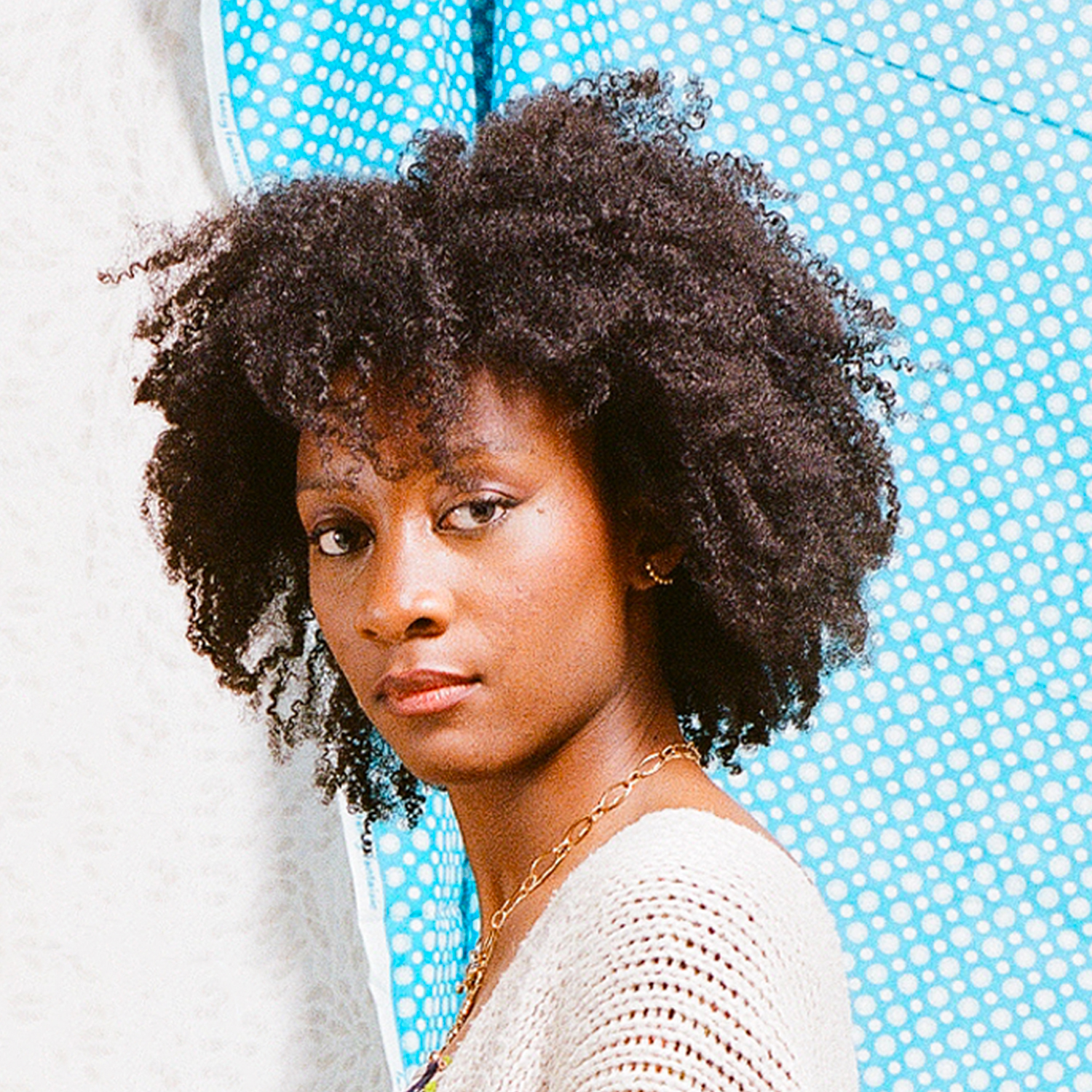
Estelle was born in 1995 from parents originally from Cameroon and French Guiana. She is a freelance graphic designer based in Montreuil. She aspires to be recognised for her creations at the intersection of design politics, graphic experimentation, printed images, feminist, anti- and decolonial strategies. From visual identity to book publishing, she collaborates with associations, progressive organisations and other dissidents. Alongside her graphic design work, she circulates from one collective to another, co-organising public events, making graphic design and trying to thwart systemic oppressions. This is the case with the graphic design festival "Fig." and the afrofeminist film-festival Ẅ XOOL which programmes short films by afro descendant womxn directors.
Estelle Pom
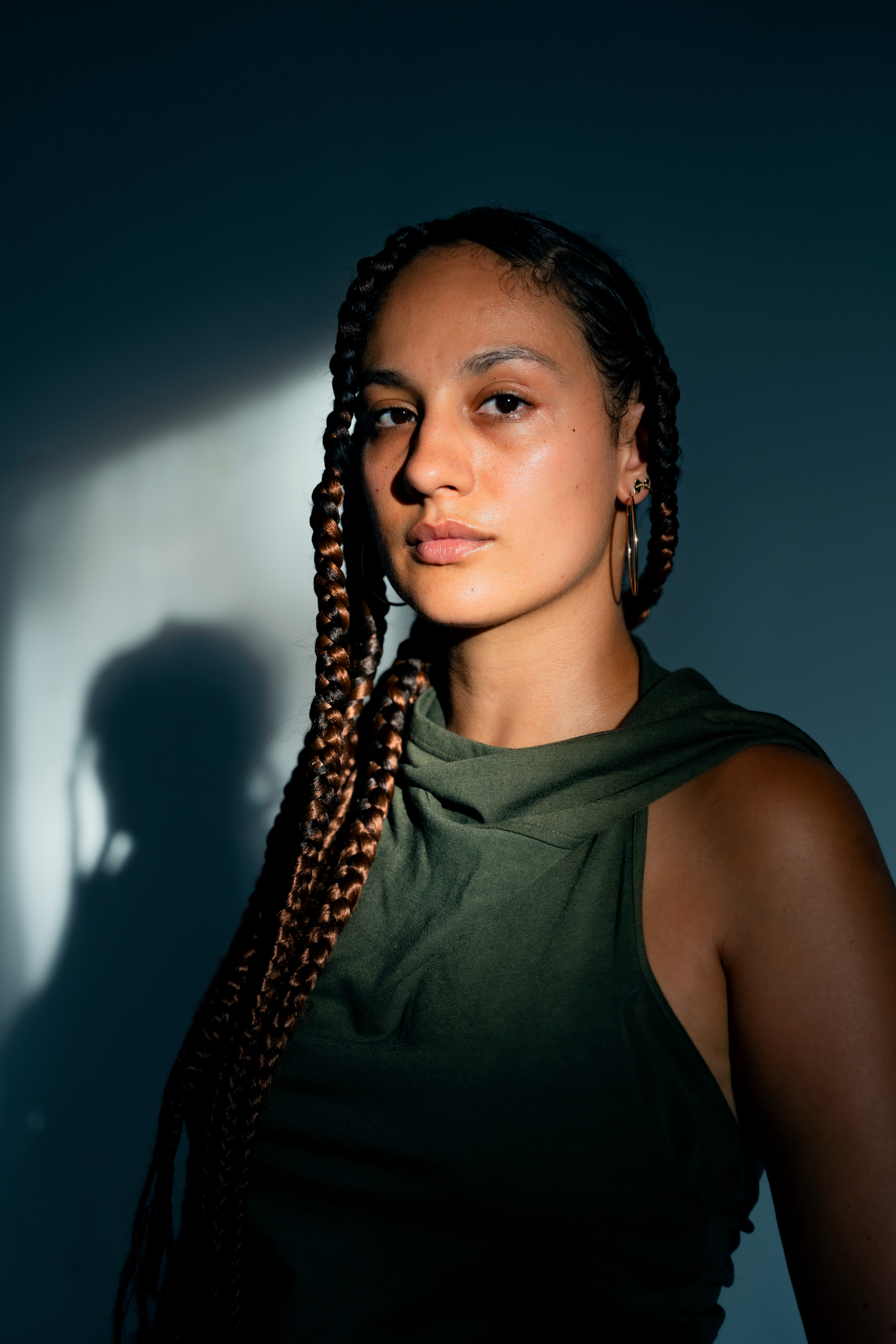
Claire is a multi-disciplinary artist, researcher and artistic director of Guadeloupean origin, born and raised in France. Part of her practice combines photography, video and graphic design. The other is based on her research into Afrodescendants in spaces where they are considered a minority. The two often intersect and meet. Her projects often take a militant or committed approach. She attaches great importance to print, to the solid and tangible: film photography, printing techniques and domestic binding are regular features of her work. She also carries out graphic design and redesign projects (La CAAN, Digital Freedom Fund, La Flèche d'Or, ...) and educational workshops for young audiences (La Fabrique du Regard/Le Bal, Les Ateliers Médicis, ...). Photo credit: Céline Fantino.
